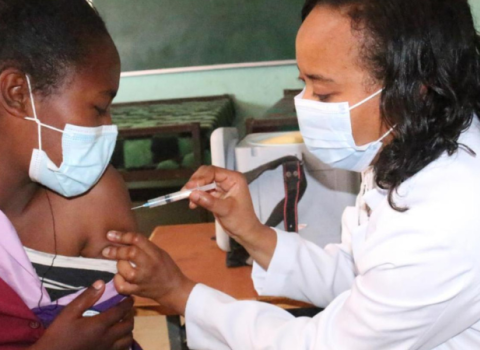German innovation agency makes a case for new funding model for innovations with high societal value but big financial risks

Photo credits: casezy / BigStock
The economic costs of global epidemics would largely be mitigated if governments could find new ways to fund innovative antivirals, according to research by Germany’s innovation agency Sprind and economists at the University of Chicago.
Academic research shows that during the COVID-19 pandemic in 2020, gross domestic product in Europe fell by an average of 7.4%. Other studies show the cost of quarantines imposed during the pandemic exceeded 9% of the global GDP.
Discover the latest in research funding every Tuesday with Funding Newswire. Dive into detailed articles with our monthly or yearly subscriptions or start with a free trial
NOTE: if you're a part of one of our Network member organisations, you get free access by signing up with your institutional email. Verify your eligibility here.





 A unique international forum for public research organisations and companies to connect their external engagement with strategic interests around their R&D system.
A unique international forum for public research organisations and companies to connect their external engagement with strategic interests around their R&D system.